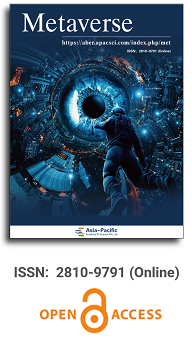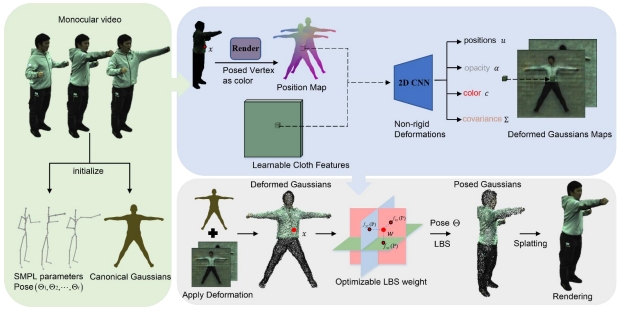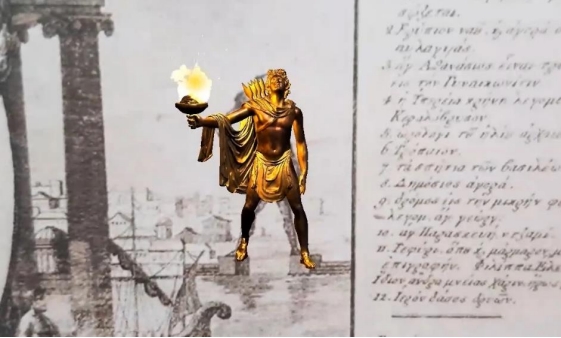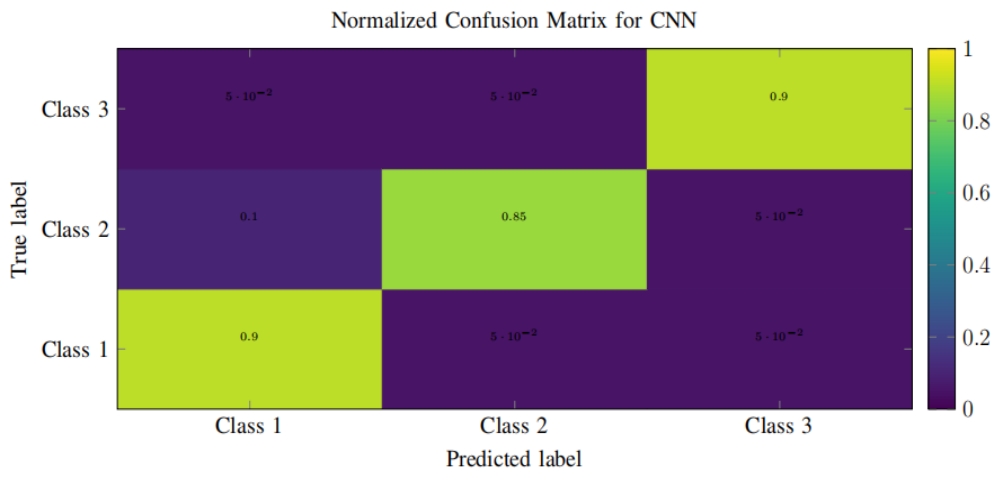
Asia Pacific Academy of Science Pte. Ltd. (APACSCI) specializes in international journal publishing. APACSCI adopts the open access publishing model and provides an important communication bridge for academic groups whose interest fields include engineering, technology, medicine, computer, mathematics, agriculture and forestry, and environment.



Featured articles from James Huston et al.
Vol 4, Issue 1, 2023
Download PDF
Abstract
In this issue, we are honored to feature a collection of articles from Professor James Hutson and his co-authors. Prof. James Hutson is an esteemed art history expert at Lindenwood University’s College of Arts and Humanities, whose recent interest is in AI generated art and the future potential for visual communication. He has provided us with a relatively comprehensive exploration of the Metaverse’s impact on education. In addition, he and his colleague also explored the ethical issues of the use of AI technologies, specifically the ethical considerations of digital necromancy. The decision to include four articles by the same author is a deliberate choice, reflecting the depth and breadth of Hutson’s research and the multifaceted nature of both the Metaverse in education and the possible ethical concerns of the use of AI technologies.
References
- Huston J, Lang M. Content creation or interpolation: AI generative digital art in the classroom. Metaverse 2023; 4(1): 2158. doi: 10.54517/m.v4i1.2158.
- Huston J, Cotroneo P. Generative AI tools in art education: Exploring prompt engineering and iterative processes for enhanced creativity. Metaverse 2023; 4(1): 2164. doi: 10.54517/m.v4i1.2164.
- Huston J, Steffes R, Weber J. Virtual learning environments and digital twins: Enhancing accessibility, diversity, and flexibility in training secondary educational administrators. Metaverse 2023; 4(1): 2165. doi: 10.54517/m.v4i1.2165.
- Huston J, Ratican J. Life, death, and AI: Exploring digital necromancy in popular culture—Ethical considerations, technological limitations, and the pet cemetery conundrum. Metaverse 2023; 4(1): 2166. doi: 10.54517/m.v4i1.2166.
Supporting Agencies
Copyright (c) 2023 Shaoliang Peng

This work is licensed under a Creative Commons Attribution 4.0 International License.

This site is licensed under a Creative Commons Attribution 4.0 International License (CC BY 4.0).

Prof. Zhigeng Pan
Professor, Hangzhou International Innovation Institute (H3I), Beihang University, China

Prof. Jianrong Tan
Academician, Chinese Academy of Engineering, China
Conference Time
December 15-18, 2025
Conference Venue
Hong Kong Convention and Exhibition Center (HKCEC)
...
Metaverse Scientist Forum No.3 was successfully held on April 22, 2025, from 19:00 to 20:30 (Beijing Time)...
We received the Scopus notification on April 19th, confirming that the journal has been successfully indexed by Scopus...
We are pleased to announce that we have updated the requirements for manuscript figures in the submission guidelines. Manuscripts submitted after April 15, 2025 are required to strictly adhere to the change. These updates are aimed at ensuring the highest quality of visual content in our publications and enhancing the overall readability and impact of your research. For more details, please find it in sumissions...






.jpg)
.jpg)

